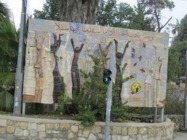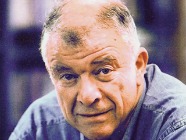
I am writing in the afterglow of President Obama's speech in Jerusalem--an afterglow that lingers on as I re-read his words, and as I recall the boisterous applause that greeted them. I'm content to leave the word clouds and microscopic parsing of his speech to others. Likewise, I'll leave to others the speculation about what might have been, if only this speech had been given years earlier. For my part, I am unrepentantly stopping to savor the moment.






